We are a broad alliance of organizations and individuals who stand together to protect our basic rights to liberty and dignity – including the right to privacy, and freedom of expression, speech, sexuality, and mobility – on the Internet. These rights are currently being threatened by the implementation of Republic Act 10175, or the Cybercrime Prevention Act of 2012. As a neutral, non-partisan movement, PIFA stands at the forefront of the struggle for internet freedom of the Filipino people.
We oppose RA 10175 as it contains provisions that are oppressive, susceptible to abuse, and against the fundamental liberties guaranteed by the Constitution. We also find it unacceptable that there was insufficient public consultation while the bill was being discussed, subjecting stakeholders to a law that does not reflect their best interests.
We see the Internet as a venue for education, expression, and empowerment, but RA 10175 focuses on the Internet as a platform for criminal activities. We reject this law that threatens the legitimate online activities and interactions of the Filipino people.
We will take the battle online, to the streets, and before the courts of law – to all possible venues for engagement . We will defend Internet Freedom, a right recently enshrined in the UN International Bill of Human Rights, which the Philippines has an international obligation to uphold. We call on those who passed this law to take responsibility for their actions. We urge the High Court to declare RA 10175 unconstitutional. And we strongly urge President Aquino to heed the call of the people and withdraw his support for this unjust law. We encourage all stakeholders to oppose this measure and continue defending their rights, online and offline.
The government’s primary obligation to its people is to protect our fundamental rights and liberties. Failure of the government to fulfill its obligation does violence to the democracy upon which it is founded. This era would be no different from the dark ages of Martial Law. And never again shall we let that happen.
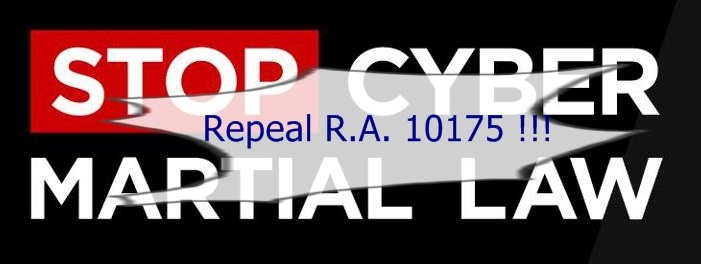
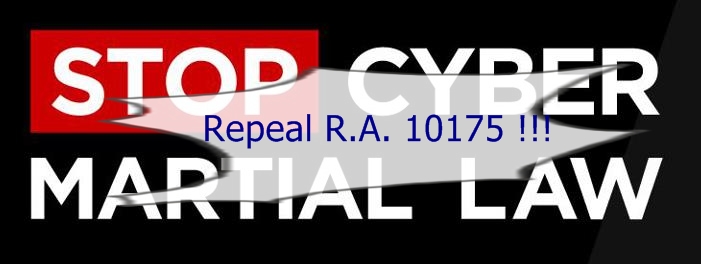
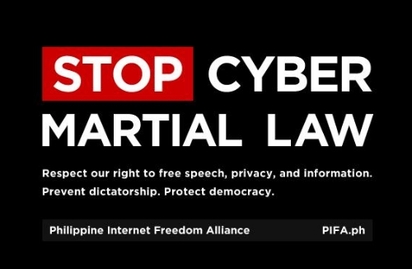
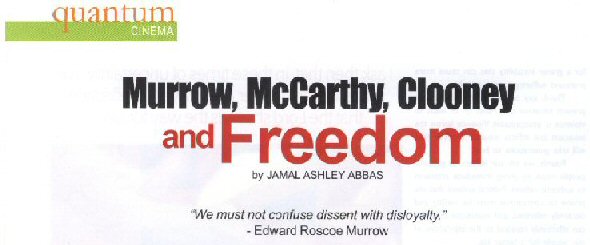
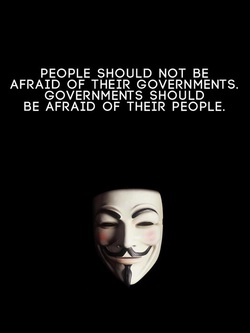
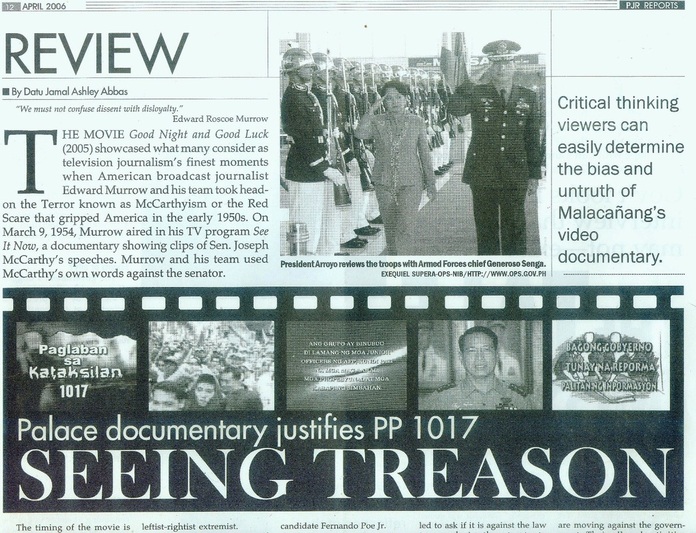
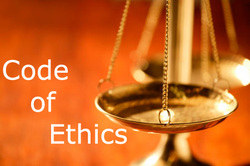

 RSS Feed
RSS Feed

